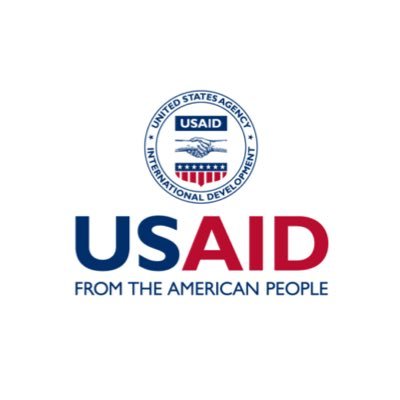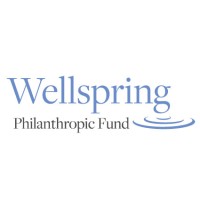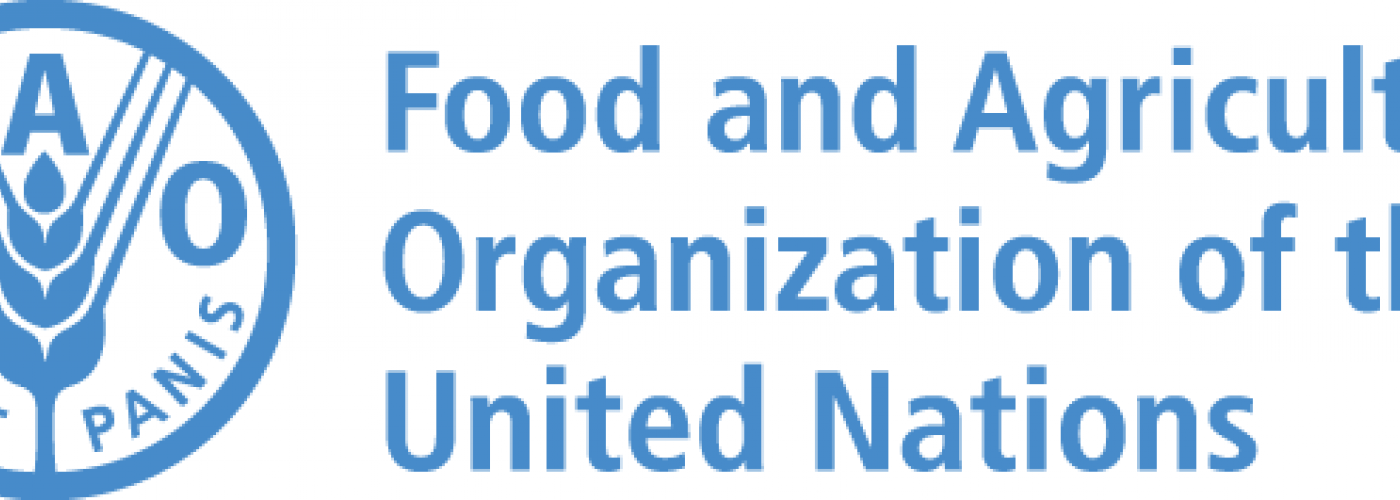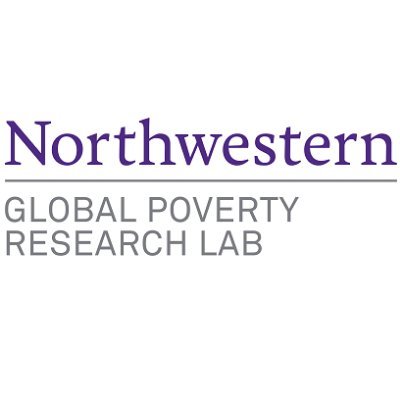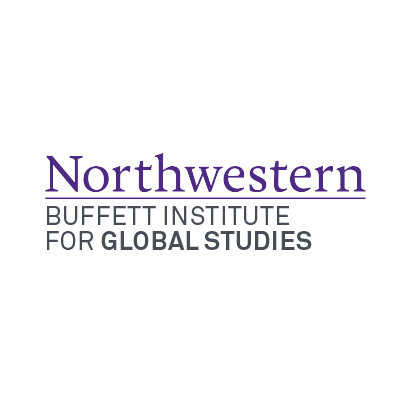Can School-Based Agricultural Extension Programs Increase Knowledge Sharing About Modern Practices in Liberia?
Researchers in Liberia are evaluating the impact of a school-based agricultural education program on the adoption of modern agricultural practices by students as well as their elders in households. They are also evaluating how information and communication barriers may hinder households’ adoption of modern practices.
Adoption of modern agricultural practices remains low in low- and middle-income countries despite significant efforts toward their promotion. For example, government extension agents may train a small number of farmers and then instruct them to diffuse this knowledge to others in the community. Yet diffusion and take-up of these practices do not always occur.1 Evidence suggests that agricultural schools for youth can effectively stimulate knowledge transmission within farming communities, but little is known about their potential on a larger, national scale.2
In rural Liberia, agriculture accounts for the primary source of livelihood for 80 percent of the population. However, productivity remains below the average in Sub Saharan Africa, hindering the potential for profitability and diversified incomes. Besides low agricultural productivity, Liberia also grapples with low school enrollment and over-age enrollment. The agricultural school program 4-H was founded in alignment with increasing agricultural extension, rural education, and youth empowerment. In this program, students join 4-H clubs and tend to school farms, receive regular extension visits alongside teachers on promoted agricultural practices and educational activities, conduct home garden projects, and participate in extracurricular events to develop farm management and life skills.
Researchers are evaluating the impact of the 4-H program on the adoption of modern agricultural practices by students as well as their elders in households. In particular, they focus on household-level tensions between students and elders that limit the transmission of knowledge and adoption of these practices. A total of 197 schools across Liberia are participating in the intervention, with 100 schools randomly receiving the 4-H program and 97 schools serving as the comparison group.
In addition, researchers conducted a household intervention with 50 random 4-H schools to examine the impact of information and communication barriers. Elders watch a program promotional video (with students absent) that suggests students will improve their farming skills and are interviewed before and after the video to elicit their expectations regarding students' changes in farming skills in one year. Following this, a random selection of students will receive the feedback the elders gave to researchers and be encouraged to share the knowledge they learned from 4-H with elders. The other students will only receive encouragement to share the knowledge they learned from 4-H with elders.
Results will be available in 2024.
Sources
1. Beaman, Lori, and Andrew Dillon. "Diffusion of agricultural information within social networks: Evidence on gender inequalities from Mali." Journal of Development Economics 133 (2018): 147-161.
2. Federico Ceballos-Sierra, Mary Paula Arends-Kuenning & Anina Hewey (2023) Technology diffusion within families: experimental evidence from Nicaragua, The Journal of Agricultural Education and Extension, 29:3, 309-326
Implementing Partners
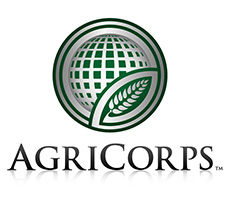

Funding Partners
